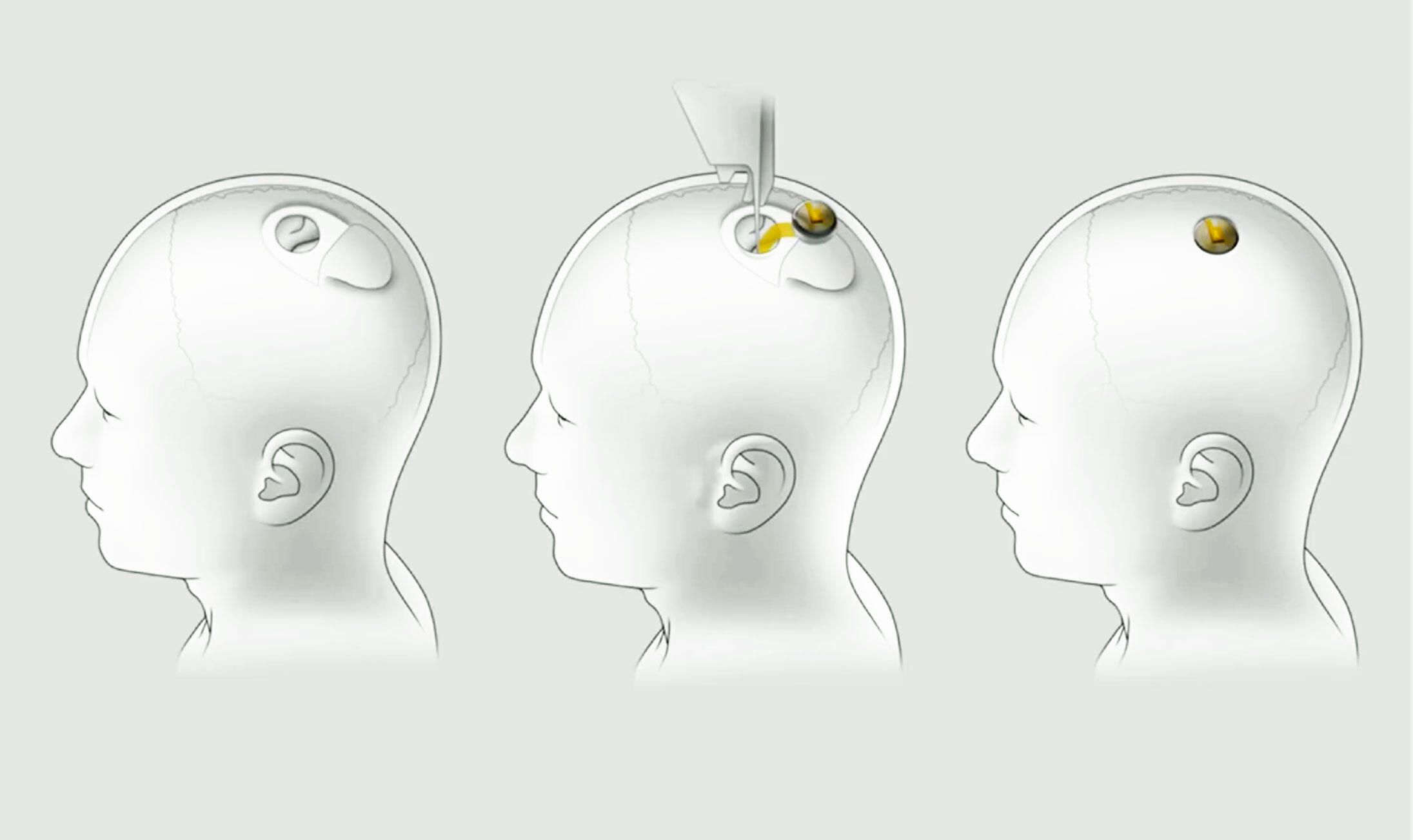International Classification of Diseases
The International Classification of Diseases (ICD) is a globally used medical classification used in epidemiology, health management and for clinical purposes. The ICD is maintained by the World Health Organization (WHO), which is the directing and coordinating authority for health within the United Nations System.[1] The ICD is originally designed as a health care classification system, providing a system of diagnostic codes for classifying diseases, including nuanced classifications of a wide variety of signs, symptoms, abnormal findings, complaints, social circumstances, and external causes of injury or disease. This system is designed to map health conditions to corresponding generic categories together with specific variations, assigning for these a designated code, up to six characters long. Thus, major categories are designed to include a set of similar diseases.
The ICD is published by the WHO and used worldwide for morbidity and mortality statistics, reimbursement systems, and automated decision support in health care. This system is designed to promote international comparability in the collection, processing, classification, and presentation of these statistics. The ICD is a major project to statistically classify all health disorders, and provide diagnostic assistance. The ICD is a core statistically based classificatory diagnostic system for health care related issues of the WHO Family of International Classifications (WHO-FIC).[2]
























